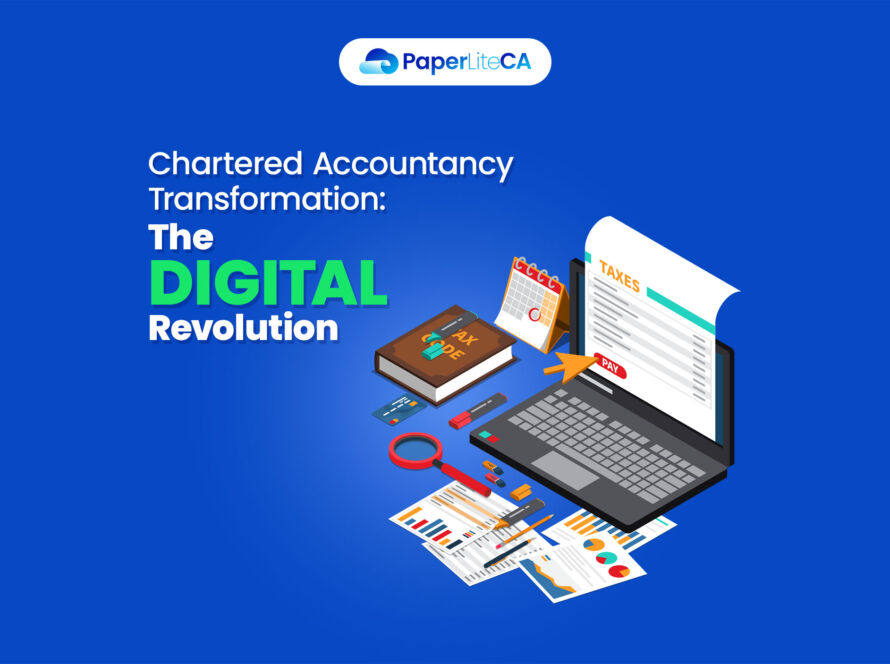Navigating Tax Compliance
Tax compliance is a crucial aspect of accounting, and as chartered accountants, it is essential to stay updated with the latest regulations and best practices. In this blog, we will discuss the key considerations that chartered accountants should keep in mind when navigating tax compliance for their clients.

Key considerations during tax compliance:
1. Stay Updated with Tax Laws:
Tax laws are subject to frequent changes, making it vital for chartered accountants to stay updated. Keep track of legislative updates, tax code revisions, and new regulations to ensure accurate and compliant tax filings. Engage in continuous professional development and leverage resources such as tax updates, seminars, and webinars to stay informed.
2. Maintain Accurate Records:
Maintaining accurate and well-organized financial records is crucial for tax compliance. Chartered accountants should emphasize the importance of record-keeping to their clients, ensuring that all transactions are properly documented and categorized. This practice not only facilitates tax preparation but also helps in case of audits or inquiries.
3. Utilize Technology for Tax Preparation:
Tax preparation software can significantly simplify the tax compliance process. Invest in reliable tax software that can automate calculations, perform error checks, and generate accurate tax returns. By leveraging technology, chartered accountants can streamline tax preparation, reduce errors, and save time.
4. Proactive Tax Planning:
Proactive tax planning is essential to optimize tax liabilities for clients. Chartered accountants should assess their clients’ financial situation, identify tax-saving opportunities, and provide strategic advice to minimize tax burdens. By planning ahead, accountants can help their clients make informed decisions and achieve tax efficiency.
5. Compliance with Tax Deadlines:
Meeting tax deadlines is crucial to avoid penalties and interest charges. Chartered accountants should create a robust system to track important tax filing and payment dates, ensuring that all obligations are fulfilled on time. Implement reminders and establish clear communication channels with clients to prevent last-minute rushes.
Conclusion:
By considering these key aspects, chartered accountants can effectively navigate tax compliance for their clients. Staying updated, maintaining accurate records, leveraging technology, proactive tax planning, and adhering to tax deadlines are crucial steps towards ensuring compliance and providing valuable tax services. If you’re a Chartered Accountant looking to simplify your operations and improve productivity, it’s time to explore the possibilities that PaperLiteCA offers.


